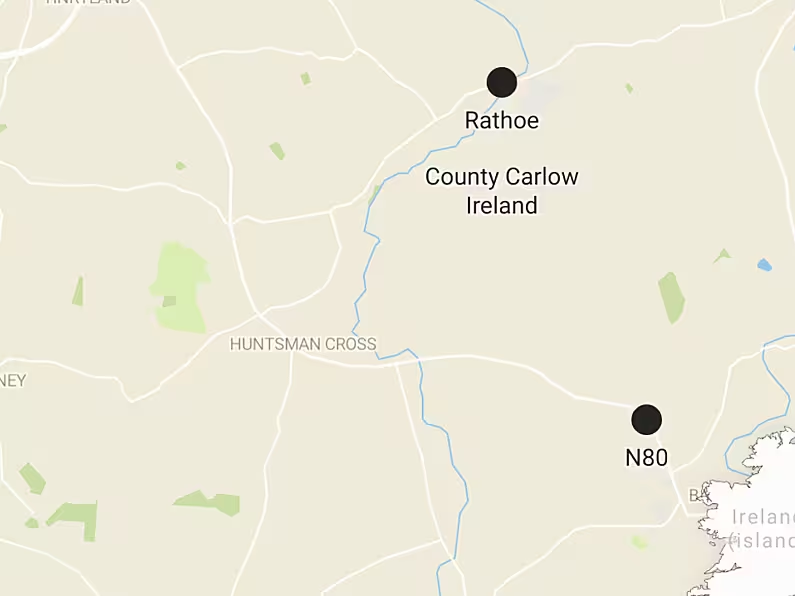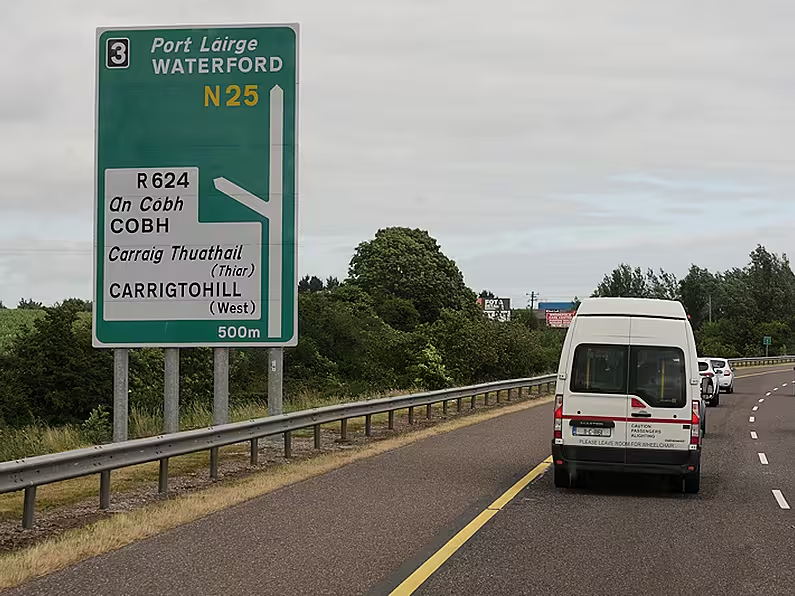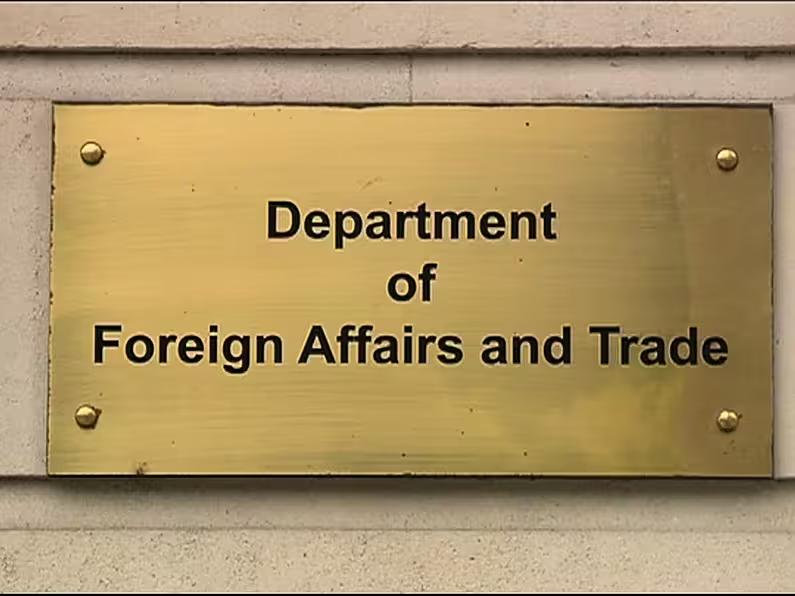The High Court has quashed a Circuit Court judge's decision to acquit a man accused of indecently assaulting his niece over 50 years ago.
In his judgment Mr Justice Mark Heslin also ruled that the prosecution be remitted back before the Circuit Criminal Court.
The man, who cannot be named for legal reasons, was facing four charges of indecently assaulting his niece on dates between 1968 and 1970 when she was between seven and nine years of age.
The accused went before a judge and jury at the Circuit Criminal Court in 2019. However, the prosecution sought an adjournment because the complainant became ill, and was unable to attend the trial to testify.
It was the first time that the prosecution had sought an adjournment.
The accused man's lawyers sought to have the case against him dismissed for reasons of unfairness, and that he could not get a fair trial, which the DPP opposed.
Adjournment declined
The trail judge declined to grant the adjournment and directed the jury to acquit the accused man.
Arising out of that decision the Director of Public Prosecution brought High Court judicial review proceedings seeking to have the Circuit Court judge's decision quashed on grounds.
The DPP also sought an order that the prosecution be remitted back before the Circuit Court so that the trial may proceed.
The accused man opposed the DPP's application.
In a lengthy and detailed judgment Mr Justice Heslin ruled in favour of the DPP.
The order challenged, he said, was granted by the Circuit Court judge following what was "an impermissible preliminary application" that was in breach of legal principles outlined by the Supreme Court in cases known as PO'C and CCE.
The judge accepted that there can be "significant difficulties in bringing old cases to trial".
No jurisdiction
The legal authorities make it clear that a trial judge has no jurisdiction to halt a trial on the basis on a preliminary application ground on an assertion that due to the passage of time and missing witnesses a fair trial is no longer possible, or could result in a miscarriage of justice, he said.
Mr Justice Heslin said the Circuit Court judge's decision flowed from the fundamentally important principle and commitment to ensuring due process and a fair trial.
"Unfortunately," the Judge said, the "attention of the presiding judge was not drawn with sufficient clarity to the limits" on the Circuit Court's jurisdiction in the context of "a preliminary hearing at the commencement of a trial on the issue of delay."
The judge added that the decision to acquit must be quashed and that the matter should be remitted back for hearing before the Circuit Criminal Court.












